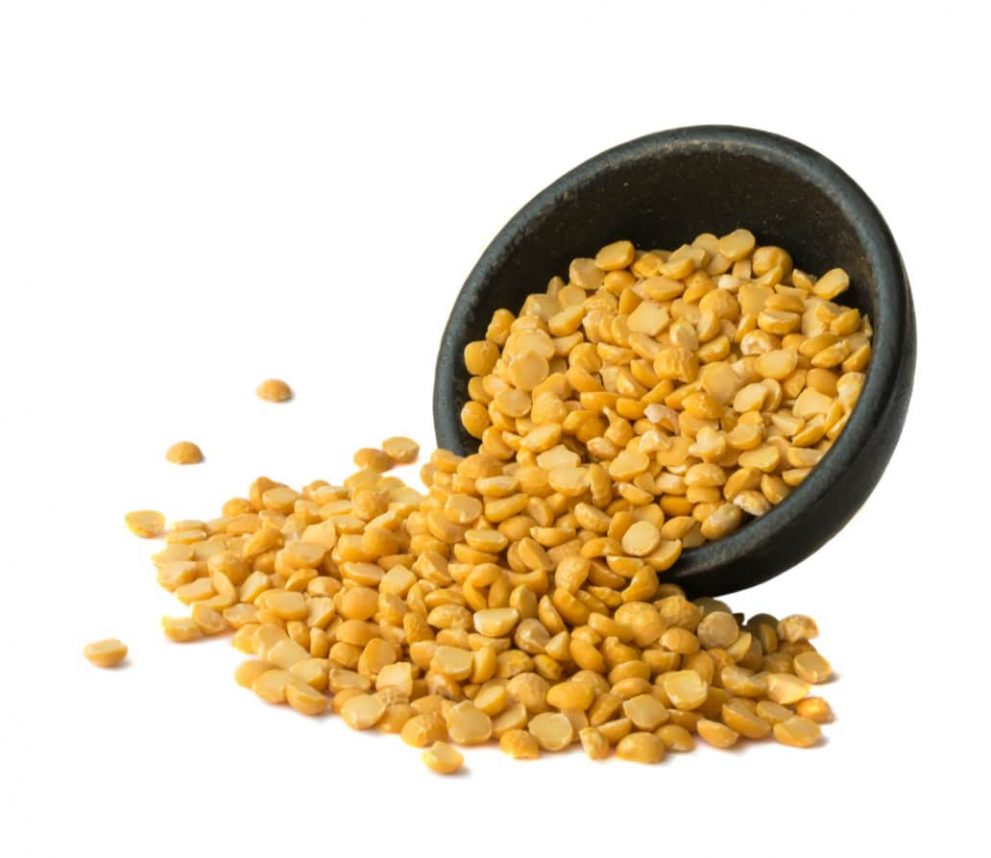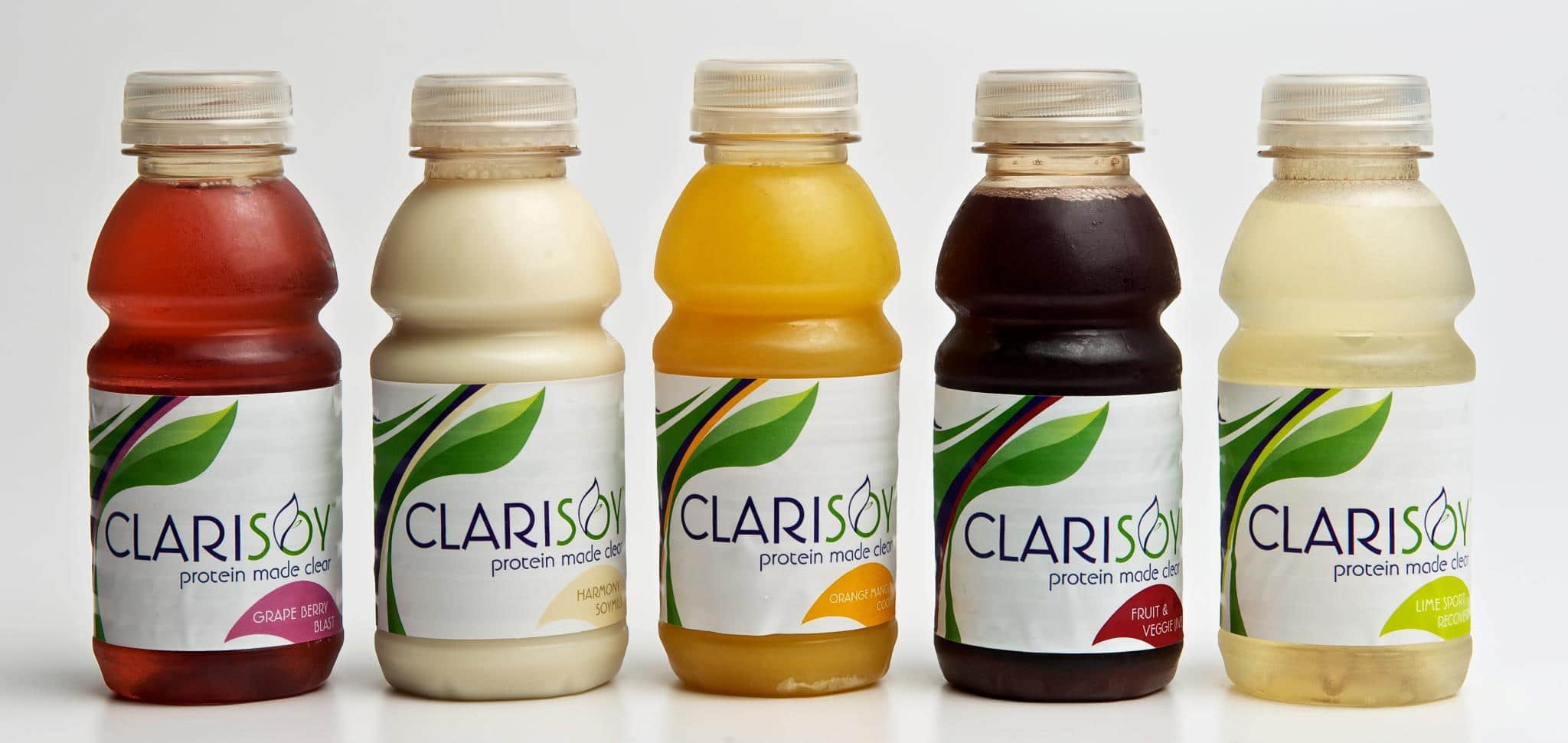
The hype is there but not much else when it comes to plant-based food company Burcon Nutrascience (Burcon Nutrascience Stock Quote, Charts, News, Analysts, Financials TSX:BU), according to portfolio manager Brian Madden of Goodreid Investment Counsel. Madden has a host of arguments to sway the would-be investor, starting with the fact that despite the growing consumer interest in plant-based proteins, there’s little in the way of institutional investment in Burcon.
“This is a pretty junior company,” said Madden, speaking on BNN Bloomberg on Friday. “We don’t own it and in fact not many institutional investors do. It’s got roughly nine or ten per cent institutional ownership and it doesn’t really have much of an analyst following either. There are three analysts at junior brokerage firms that do follow the company.”
Vancouver-headquartered Burcon, which has protein patents for novel sources like pea, canola, soy and hemp and is now commercially operational at its joint venture protein production facility outside of Winnipeg, saw its stock shoot up in 2019, going from $0.16 per share at the start of the year to $0.97 by the end of December. Some of those gains had to do with the company’s progress with its Merit Foods JV but the spectacle of Beyond Meat’s IPO in May 2019 was also a factor. (All figures in Canadian dollars except where noted otherwise.)
Beyond Meat (Beyond Meat Stock Quote, Charts, News, Analysts, Financials NASDAQ:BYND) had one of the most successful go-public offerings in years when it went from an initial price of US$25 per share to as high as US$65.75 by the end of its first trading day. And as more fast food and retail companies jumped on the Beyond Meat wagon over ensuing months, the trend looked like it would sweep Burcon to higher heights, too.
And it did — by early this year BU was trading at an incredible $5.42 at its peak in April, while Beyond Meat has been more or less treading water over the past year and a half (albeit now in US$140 per share territory).
One event that got investors talking about Burcon was a collaboration announced in early 2020 with the mother of all food companies, Nestlé, for the two to work together on plant-based meat and dairy alternatives.
“The partnership combines Nestlé’s expertise in the development, production and commercialization of plant-based foods and beverages with Burcon’s proprietary plant protein extraction and purification technology, while leveraging Merit’s state-of-the-art plant protein production capabilities,” said Nestlé in a press release.
Burcon followed that up with an announcement in August, 2020, of an equity partnership with agribusiness and food company Bunge (Bunge Stock Quote, Charts, News, Analysts, Financials NYSE:BG) where Bunge agreed to a $30-million investment in Merit and taking on a 33.3 per cent ownership in Merit.
Those seem like steps in the right direction for a company, one which just reported its first royalty revenues on the Merit JV while still working on further partnerships related to its cache of protein patents.
But Madden is having none of it, saying there’s a laundry list of problems with Burcon.
“It’s about a $320 million company, and what they do is they extract protein from plants — canola, peas, lentils, that sort of thing. It’s got a lot of intellectual property and they have 285 patents, but what keeps us out of the story is there’s negligible revenue despite the company having been around for the better part of 20 years in one form or another,” said Madden.
“These are ‘show me’ stories and it’s difficult to apply the traditional methods of fundamental analysis to companies that don’t really have much in the way of revenue or profitability,” he said. “Sometimes you can do it if there’s revenue but not profits and you can project it into the future, but when there’s not even any revenue or credible promise of meaningful revenue it’s difficult to support a $320 million valuation.”
“I will also say this company burns cash, as most early stage companies do, and frequently, every couple of years [Burcon] comes to market with a secondary offering which dilutes the value of the shares. And it’s also wildly volatile — the beta or market sensitivity of the stock is about 1.9, so almost twice as volatile as the TSX itself,” Madden said.
Burcon delivered its latest quarterly results in August, the company’s fiscal first quarter 2022 for the period ended June 30. There, BU reported $18,000 in royalty revenue from Merit Foods while taking a net loss of $3.2 million or $0.03 per share. The company said the net loss related to Merit reflected operating costs while commissioning and optimizing production.
Madden concluded his review saying investors ought to stay on the sidelines with Burcon, at least for now.
“Just for context, in the last ten years or so the stock price has been from 21 cents to $6, and everywhere in between. It’s trading roughly in the middle of that range for now,” Madden said.
“It’s a bit too speculative for us. The technology might be promising but we’d certainly be taking a wait-and-see approach here and waiting for signs of revenue and, down the road, signs of profit before we got interested in it,” he said.
Leave a Reply
You must be logged in to post a comment.






 Share
Share Tweet
Tweet Share
Share




Comment